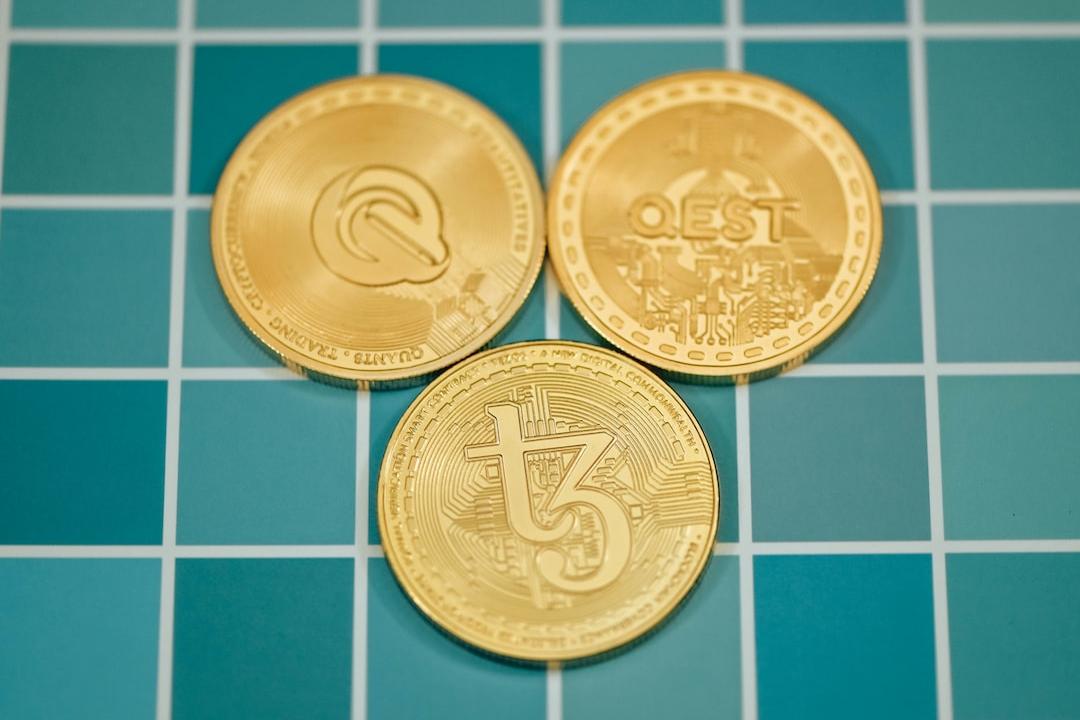Binance.US, the United States division of Binance, has been accused by the U.S. Securities and Exchange Commission (SEC) of failing to provide answers to crucial questions regarding customer assets and other important aspects of an ongoing investigation. In a joint status report to a District Court in Washington, D.C., the SEC claimed that BAM Trading Services, which operates as Binance.US, has been unwilling or unable to comply with requests for information regarding the custody of customer assets. As a result, the SEC has requested court intervention to expedite the discovery process.
The SEC lawyers stated that they believe they have reached an impasse with BAM and that the court’s intervention is necessary. They accused Binance.US of refusing to fulfill basic discovery obligations, such as producing attachments and metadata associated with relevant documents or providing written responses.
At the center of the SEC’s investigation is the question of whether employees of Binance’s non-U.S. division had access to customer assets held by Binance.US. The SEC argues that Binance.US has failed to demonstrate that it did not have access to private keys or other means of accessing customer assets.
In response, Binance.US countered the SEC’s allegations in the report, asserting that it had fully complied with the regulator’s extensive requests for information and requesting an end to the expedited discovery process.
Binance.US denied the SEC’s claims concerning customer assets, deeming them unfounded. The exchange stated that it had gone above and beyond its obligations to provide the securities watchdog with thousands of documents related to its asset custody practices. These documents included sworn declarations, monthly reports, and facilitated inspections of shared custody devices involving customer assets.
The SEC filed a lawsuit against Binance, Binance.US, and the exchange’s founder and former CEO Changpeng “CZ” Zhao in June of last year, alleging the sale of unregistered securities and the commingling of customer assets in a separate firm controlled by Zhao. On November 21, Binance reached a $4.3 billion settlement with the U.S. Department of Justice, admitting to violating money laundering and terrorism financing laws. As part of the settlement, Zhao pleaded guilty to money laundering charges and is scheduled for a criminal sentencing hearing on April 3, where he could face up to 18 months in prison.

